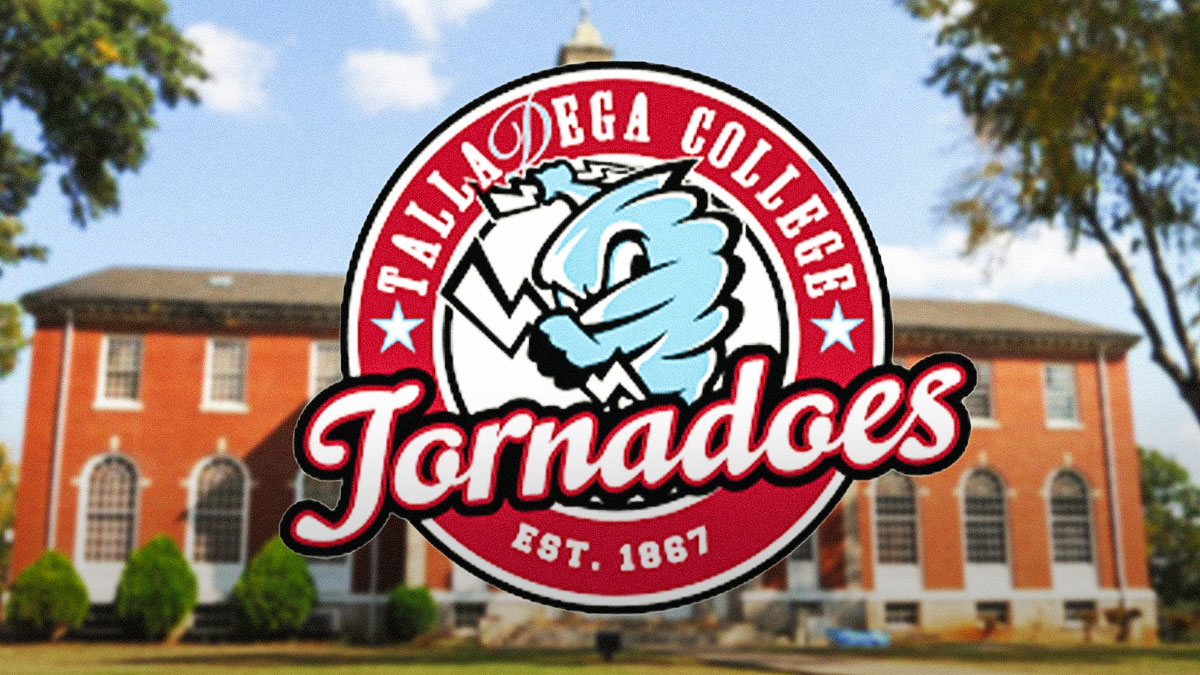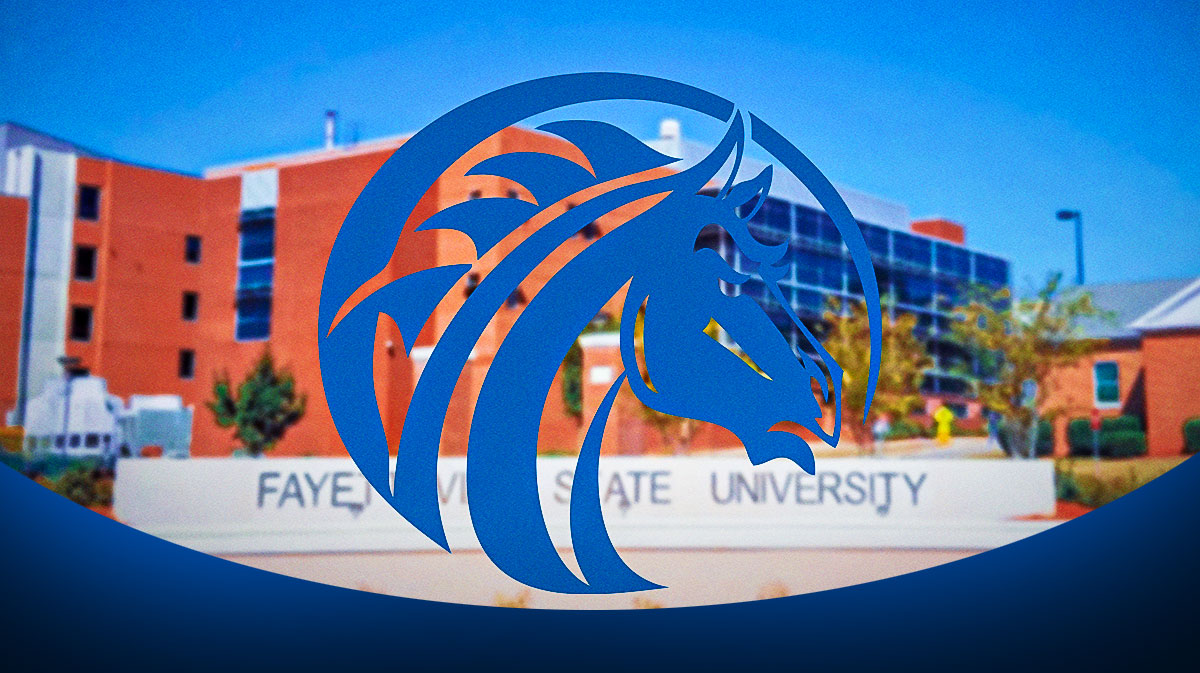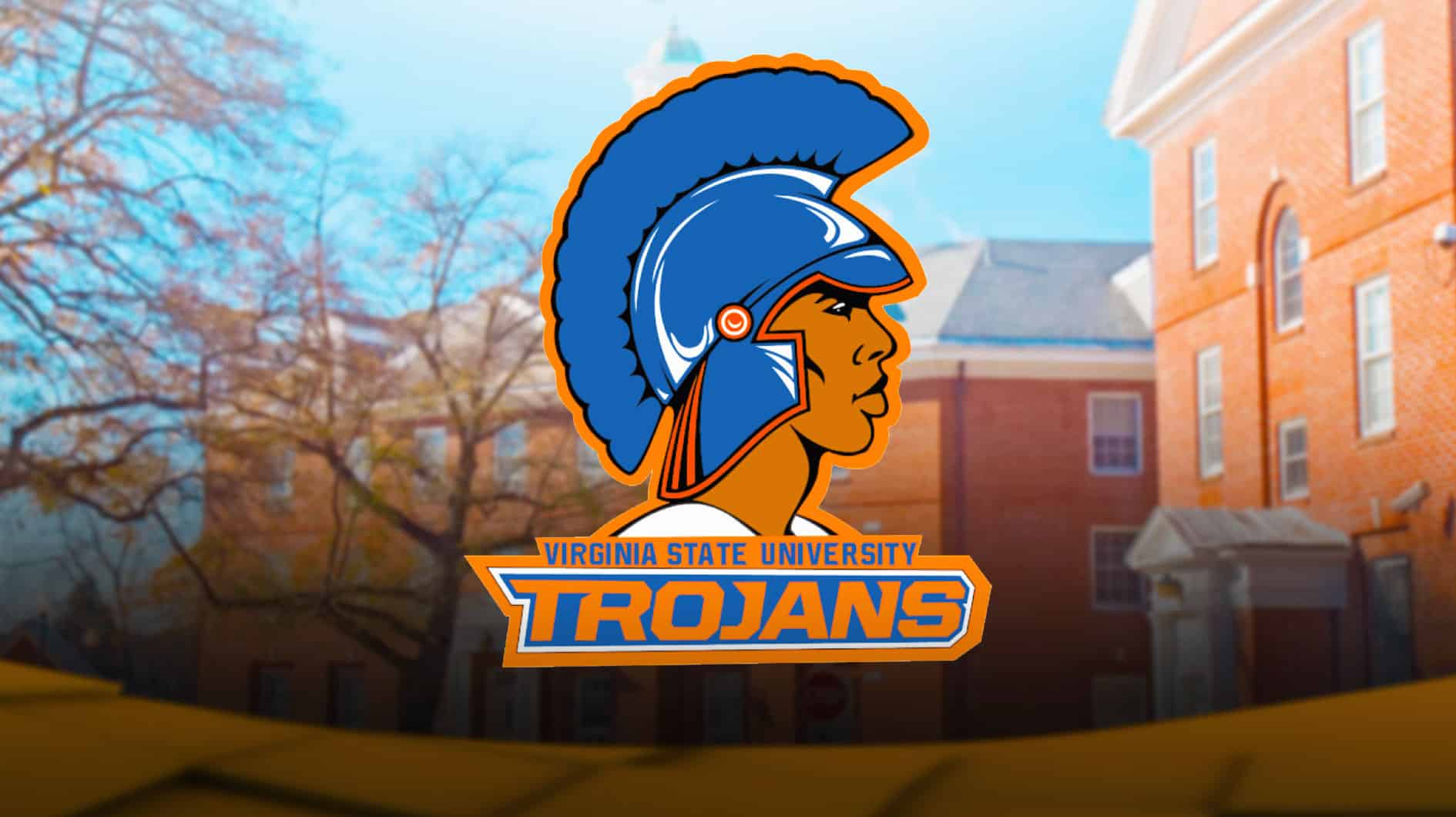HOPE (Hope Enterprise Corporation / Hope Credit Union) is once again putting action behind its mission to uplift HBCUs.. The organization has made a powerful statement of support by issuing a $15 million working capital loan to Talladega College, Alabama’s first private historically Black liberal arts college.
This strategic financial move is designed to help the 150-year-old institution restructure its balance sheet, improve cash flow, and strengthen its operational footing. Most importantly, it sets the stage for long-term sustainability and growth after a period of strategic shifts that began in September 2024.
Talladega’s loan isn’t just a one-off show of support, it’s the latest chapter in HOPE’s larger story of partnership with HBCUs to increase economic mobility in underserved regions, especially in the Deep South. With over $60 million in investments across institutions, HOPE is walking the talk.
In 2019, the organization released the groundbreaking “HBCU-CDFI Economic Mobility Guide.” The report highlighted transformative collaborations between HOPE and institutions like Jackson State University and Mississippi Valley State University, showing how aligning with community development financial institutions (CDFIs) can create powerful change in rural and urban Black communities.
CDFIs like HOPE are designed to serve those historically excluded by traditional banks. And when combined with the impact of HBCUs, longtime incubators of Black excellence, economic growth, and social mobility, the results are extraordinary.
Other notable investments from HOPE include Oakwood University’s Healthy Campus 2020 initiative, which tackles health disparities, food insecurity, and job access in Northwest Alabama, and a financing project at Fisk University that led to renovations of four historic buildings, along with security and tech upgrades to enhance student life and academics.
“HBCUs make an outsized contribution to the prosperity of people and communities in the Deep South,” said HOPE CEO Bill Bynum. “Our investment in Talladega, Oakwood, and Fisk reflects the alignment of mission and values between HOPE, HBCUs, and the communities they serve.”
Beyond buildings and balance sheets, HOPE serves as a financial anchor for HBCU faculty, staff, students, alumni, and their families, groups often overlooked by mainstream financial institutions. HOPE is also the primary bank for the HBCU Athletic Conference, the largest athletic conference for private HBCUs in the country.
“Our support for HBCUs is about more than dollars, or even the institutions themselves; it is an investment in the economy of the entire nation,” Bynum added. “When HBCUs succeed, they equip our future workforce, future entrepreneurs and future leaders to drive an economy where everyone can prosper.”
With the infusion of $15 million into Talladega College, HOPE continues to lead by example, demonstrating what’s possible when community-focused capital is placed in the hands of institutions that have always served as engines of progress.
To learn more about HOPE’s work with HBCUs or explore partnership opportunities, visit: hopecu.org.





